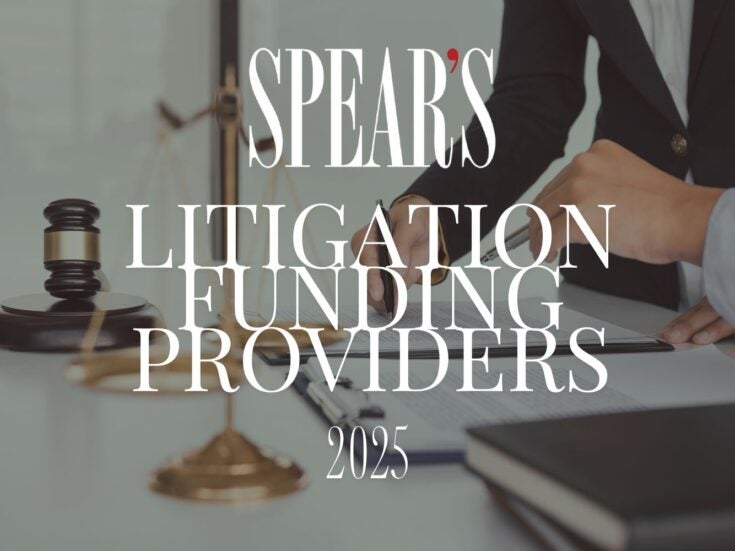
There is nothing quite like a family fall-out to attract the press, particularly when the cause of the dispute is a contested will and the sums being argued over are sizeable.
Newspapers and the courts are teeming with such stories, including that of Gary Stolkin, 52, who is claiming that his rich father was too confused to have been able to legitimately rewrite his will six weeks before his death at the age of 75. The problem for Mr Stolkin is that the amendment that his father made entitles his lover, Pauline Greaves, to his £65,000 Ferrari, £12,000 a year and a life interest in their £500,000 home.
In another part of the country, warring twins Robert Simon and Hilary Woolley are locked in a testamentary capacity battle following Mr Simon’s accusation that his sister ‘orchestrated a scam’ leading to their mother re-writing her will to deprive him of his larger share in their mother’s £2 million estate.
In both cases, the disappointed family members are seeking to overturn the last will by claiming that the deceased lacked capacity at the time of writing it. The cases serve as a timely reminder of the importance of executing a professionally drawn will and the steps testators (particularly elderly testators or those suffering from an illness) can take at the time of writing their will to reduce the chances of a dispute arising over capacity.
The legal test of capacity is enshrined in the case of Banks v Goodfellow (1870) which held that for a person to have testamentary capacity at the time of writing their will they must:
1. Understand the nature of making a will and the effect of their wishes being carried out;
2. Understand the extent of the property of which they are disposing; and
3. Be able to comprehend and appreciate the claims to which they ought to give effect.
A competent will writer should consider the Banks v Goodfellow test and make a detailed note addressing each of the 3 elements. The will draftsman’s evidence will be crucial in rebutting any claims that the testator did not have evidence to make or change their will.
THE COURTS HAVE also established the principle known as the ‘Golden Rule’ which will be familiar to all will practitioners. The rule stems from the 1975 judgment in Kenward v Adams where it was held that in the case of an elderly or ill testator the solicitor should ensure that the will is witnessed by a medical practitioner who is able to satisfy himself of the capacity and understanding of the testator.
While courts are prepared to relax the Golden Rule in certain circumstances (for example deathbed wills where it may not be possible to obtain a medical opinion at short notice), the onus is on practitioners to follow the rule whenever possible.
A further safeguard for those of you considering making a significant change to your will by, for example, disinheriting a child or favouring one child over another, is to record in a letter the reasons behind your decisions. The letter can be placed with your will, to be opened only on your death and can be used as evidence to show that your decisions were reasoned and well thought out.
While you cannot prevent those you leave behind from contesting your will on the ground of capacity, by ensuring the reasoning behind the content of your will is supported by contemporaneous legal, medical and personal evidence your estate will be well armed to rebut any claim.
Tom Biddick is an associate at Ashfords LLP
Read more on wills from Spear’s







